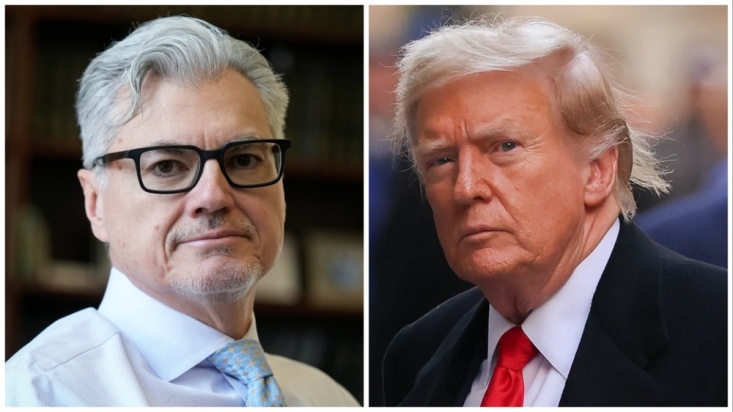Check also: Anti-Trump Demonstrators Set Fires, Break Windows In California
In Cuba it seems there will forever be two histories of Fidel Castro. One is the revolutionary who succeeded and became the guiding star for all who saw the world through the lens of Marxist Leninism.
The other is the brutal dictator who suppressed democracy and kept his country poor. There is one place where Castro undoubtedly made a difference: Angola. In 1975 a military coup in Portugal overthrew the dictatorship of Antonio d’Oliveira Salazar.
The country was tired of fighting wars in its colonies in Africa, long after the UK and France had pulled out of their African empires. Angola’s three liberation movements had been fighting the Portuguese but they were at odds with each other and soon civil war broke out.
The People’s Movement for the Liberation of Angola (MPLA), backed by the Soviet Union, was largely coastal and urban. Of the other two, Jonas Savimbi’s Unita was supported by apartheid South Africa and Western countries, and the FNLA, the National Front for the Liberation of Angola, was backed by Angola’s northern neighbour Congo.
The Vietnam war was just drawing to an end but here, on the West Coast of Africa, a new war began which threatened to become a proxy war for the communist and capitalist superpowers.
The Americans, whose long and bloody war in Vietnam had scarred the country’s conscience, were not ready for another intervention. From a distance they backed the FNLA and then worked with the South Africans to support Unita.
The Russians and Fidel Castro in Cuba supported the MPLA. But while the big players sought a power-sharing agreement, Castro decided to act. The Russians sent about 1,000 advisers, money and prayers but no combat troops. East Germany also sent military assistance.
But for Castro this was not just an adventure or purely ideological.
Many Cubans are of African origin and come from the Angolan coast. Castro saw an opportunity to exert his brand of international solidarity and make a difference on a global scale. He sent 3,000 combat troops and 300 military advisers, as well as tanks and fighter aircraft.
The battleground was Cuito Cuanavale, a small town in the south on the river Lomba and the gateway to south-eastern Angola where South Africa was training, supplying and directing Unita forces.
The world had changed
The first attacks were in 1983 and a full-scale battle took place in 1986 – the biggest battle in Africa since El Alamein in Libya in 1942. The largely white South African army took heavy casualties but held the town and stopped the Angolan offensive, preventing it from advancing south and capturing Savimbi’s headquarters at Jamba.
[mappress mapid=”29″]There was a stalemate but it was not a situation that South Africa could maintain for long, even though it also controlled neighbouring Namibia at the time. Shortly afterwards Mikhail Gorbachev came to power in the Soviet Union and began to make overtures to the US.
I was in Washington at that time and managed to get a briefing on Angola at the Pentagon. I was shown a satellite photograph that showed Cuban and East German airforce bases in southern Angola, some south of Cuito Cuanavale.
I asked if the South Africans had seen them yet. “They will find out soon enough,” came the reply. At that extraordinary moment I realised that the world had changed.
The Americans had decided that since the Soviet Union was no longer the big threat in the region, the real enemy of peace in southern Africa was the racism of South Africa. The man whose decision to go to war in Angola had triggered this moment was Fidel Castro.
Source: BBC
Check also;
- The Top 10 dangerous states in United States of America
- Do Not Make Us Your Dogs, President Duterte Tells U.S
- What Trump’s Presidency Means For The African Continent
Please use the button below to contribute to Newslex Point, Inc. using a credit card or via PayPal.

 Newslex Point News in Uganda, Uganda news
Newslex Point News in Uganda, Uganda news













